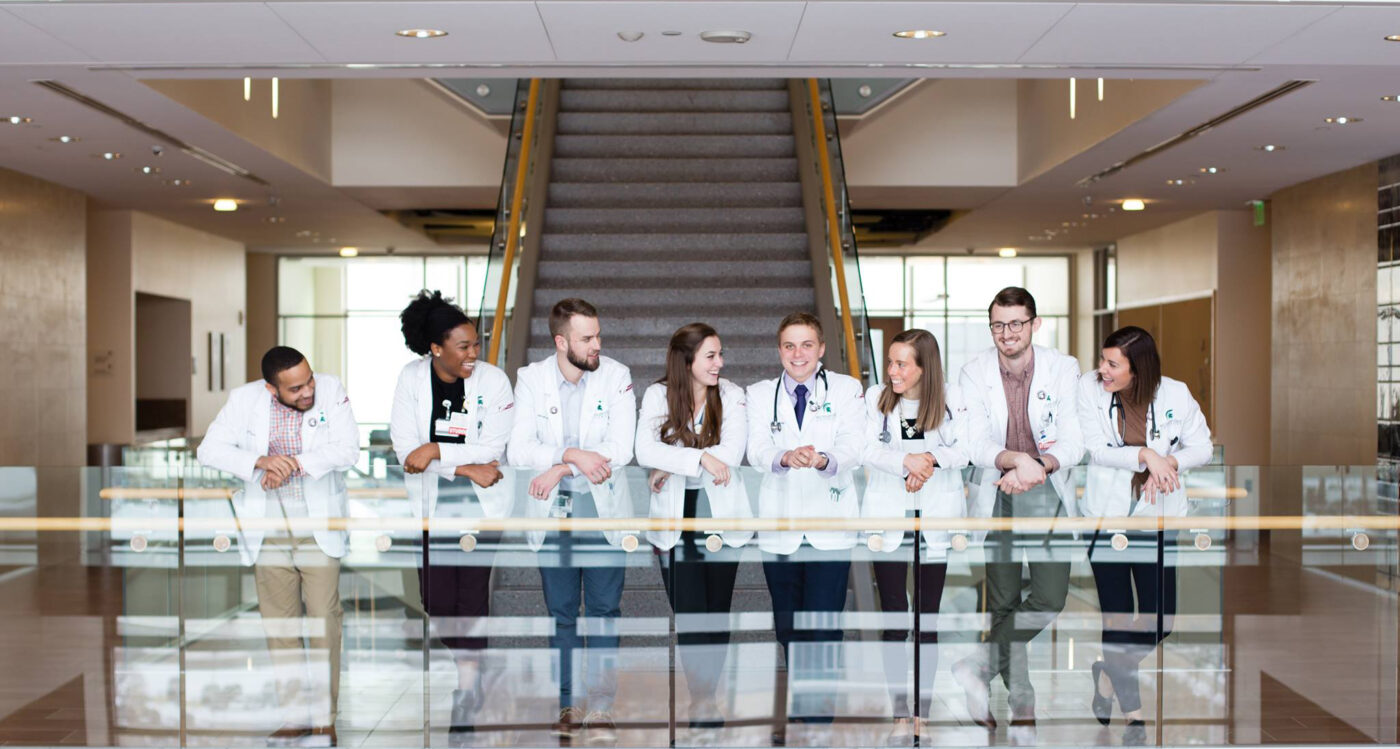For decades, taking the USMLE Step 1 was an essential milestone for second-year medical students. It wasn’t just another test—it was the big one. Scoring high meant unlocking opportunities for your future residency, and a low score meant potentially losing the residency of your dreams. But everything changed when, starting January 26, 2022, the National Board of Medical Examiners (NBME) announced the shift of Step 1 scoring from numerical grades to a simple Pass or Fail. What exactly does this pass/fail change mean for you, an aspiring physician or PA?
A Big Change, But Why?
Before this change, medical students across the country spent months stressing over this exam. Not only did they lose sleep, but they also spent thousands of dollars on test-prep resources. The Step 1 score became a gatekeeper for residency applications. Students knew that a strong score could open doors—even to elite residency programs—while a weak score could shut down opportunities.
So why did the NBME make this switch? Simply put, the goal is to reduce stress and shift the focus toward a holistic approach to residency selection. It’s intended to stop the obsession with numerical scores and encourage residency programs to look more closely at the whole applicant. This means clinical skills, recommendation letters, research experience, and interpersonal qualities are more important than ever.
But the reception has been mixed. While some students are relieved that their entire career won’t hinge on one test score, others—especially students from smaller or lesser-known medical schools—are concerned. Historically, a stellar Step 1 score provided a way for these students to stand out among applicants from bigger-name universities.
Who’s Affected Most by the Pass/Fail Switch?
If you’re coming from a small or less famous medical school, you might be feeling uneasy right now. Previously, the USMLE Step 1 was your chance to show residency directors that you have what it takes—even outperforming students from top-tier universities. But now, without a numerical score, residency programs might lean more heavily on other parts of your application. Letters of recommendation, clinical evaluations, and the prestige of your med school could become bigger deciding factors.
This change has raised concerns about fairness. Students from big-name institutions naturally have easier access to renowned faculty and prestigious research opportunities. Without a numerical Step 1 score, these students might have even more advantages. This means you’ll need to focus on building impressive clinical experiences, engaging in valuable research, and forming strong relationships with mentors who can advocate for you.
Step 2 CK is Now Your Time to Shine
With Step 1 moving to pass/fail, residency programs are expected to place much more emphasis on Step 2 Clinical Knowledge (CK). Historically, this second major board exam was considered less critical than Step 1. Taken after a full year of clinical rotations, Step 2 CK assesses clinical knowledge and patient management skills rather than rote memorization of basic sciences.
In the past, many students viewed Step 2 CK as secondary, sometimes even taking it after residency applications were submitted. Not anymore. You’ll now want to dedicate significant preparation time to Step 2 CK. Expect residency programs to lean heavily on your Step 2 CK score as one of the few remaining standardized measures they have to compare applicants from across the country.
What Does This Mean for Medical Education?
There’s concern that medical schools might place less emphasis on teaching basic sciences since Step 1 no longer reports a numerical score. The fear is that institutions may relax the intensity of basic science instruction, as students are no longer pressured to master every intricate detail.
However, don’t assume that this means basic science is suddenly irrelevant. You’ll still need a solid foundation in anatomy, biochemistry, pharmacology, and physiology to excel on clinical rotations, perform well on Step 2 CK, and succeed as a physician or PA. The difference is, now you can focus on learning the science without the overwhelming anxiety tied to Step 1 numerical scores.
How Do Residency Programs Adapt?
Residency program directors now have a challenging job ahead: finding effective ways to evaluate thousands of applicants without Step 1 scores as a quick benchmark. Many programs are already adapting by placing greater emphasis on:
- Clinical evaluations
- Letters of recommendation
- Research experience
- Personal statements
This holistic review might sound ideal, but it’s resource-intensive. Residency programs could become overwhelmed with reviewing each applicant in greater depth. Some schools have even increased their interview requirements to truly gauge candidates’ interpersonal skills. As an applicant, this means you should expect interviews and direct interactions with residency programs to become even more critical.
Actionable Steps You Can Take Right Now
So, what’s your move?
- Focus heavily on clinical rotations. Perform at your best and make strong connections with supervisors.
- Seek out research opportunities early. Publish papers or present findings at conferences.
- Build genuine relationships with mentors who can write powerful recommendation letters.
- Treat Step 2 CK as seriously as Step 1 was treated in the past. Aim for a high score to stand out in the residency match.
The Path Forward
As medical education shifts, one thing remains clear: becoming a physician or PA is still incredibly rewarding, despite these changes. The pass/fail move reduces the stress of a single test but raises the stakes elsewhere. Clinical excellence, research, and interpersonal skills now take center stage.
At International Medical Aid, we’ve seen firsthand how clinical internships significantly benefit aspiring medical professionals. With Step 1 no longer providing numerical scores, programs like our Pre-Med Internship and Pre-PA Internship become even more valuable. These hands-on experiences not only enhance your application but also provide an advantage in residency application that residency directors appreciate.
Ready to talk about your medical school journey? Connect with a Program Advisor today and find out how our internships can help set you apart in this new, more holistic medical education landscape.





